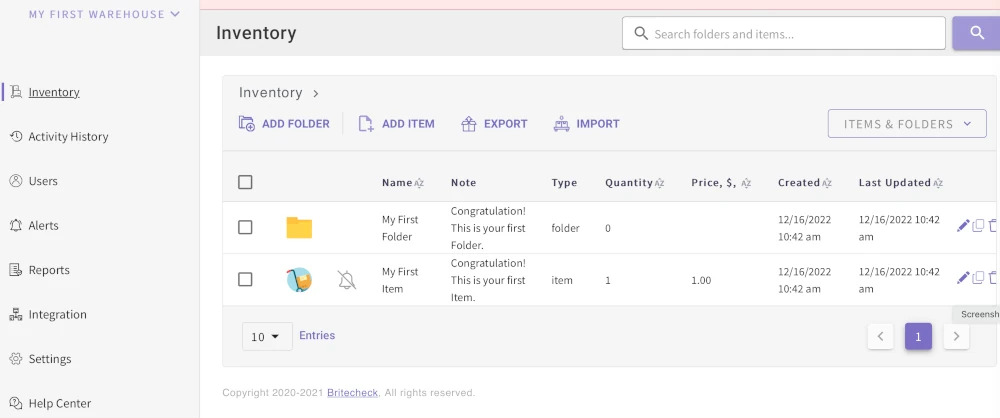The Benefits of Implementing a Stock Control System
February 9, 2023
Businesses that are not making the most of a stock control system are missing out on valuable benefits that can help their business. If you can keep track of the stock you hold, monitor sales trends and have confidence that you'll be able to restock, by creating an automated system for stock keeping, you can take all of that for granted, while also being able to focus on running your business.

The other thing a stock control system does is that it enables you to know where a stock item is at any given time – provided your operations are run so that there’s a barcode label (or, even better, an RFID tag) on every item, and provided your staff uses the system accurately. This will enable automatic updating of your inventory information, instead of relying on manual input of data that’s prone to error, thus keeping your information current and accurate.
Other aims of a stock control system are to reduce waste and increase efficiency. If a business is low on an item, a well-integrated stock control system will create an automatic restock order and help prevent both overstocking (waste and inefficiencies) and understocking. Furthermore, it may have algorithms to generate an optimal restock order (reorder point) schedule that creates the appropriate balance.
A stock control system can also be beneficial for businesses to notice sales trends and make some data-driven decision.By record sales data, our stores can notice that which products that are more popular and sales are boosting? And what kinds of items are not selling well? Businesses can understand the trend of sales and make the right decision about storage of products. In addition, slow-moving items can indicate more potential information for enterprises to decide which item should be in our inventory , and which item shall not be put on sale.
Another benefit of a stock control system is that it can help to improve the level of accuracy and reduce the possibility of errors. For example, a stock control system can maintain a real-time history of transactions as the goods are sold or received. It means that entering the data into the stock control system will be less prone to errors when compared to the traditional manual data entry.
A stock control system will be able to track and keep the record of every transaction history and information related to the purchase. As a result, it will be much easier to identify and correct errors or discrepancies. Furthermore, if not managed properly, stock shortage can happen, which will result in losing sales and frustrating customers.
In conclusion, there are many benefits a stock control system can provide to companies of all kinds of sizes.
For example, one of the first benefits of having a stock control system installed in any company comes from the fact that the system gives you a real time image of the stock you hold. With less wasted items customers can feel more confident in the quality of what they buy, which can increase your sales in the long term. Also, this kind of system allows you to dwell less time in the stock room and increase your efficiency.
Having those systems can keep your business on the correct track when it comes to inventory management, so it is important to provide them for your employees, no matter how small or big your company is. Overall, it can be said that reaching that level of efficiency can help you last in business for a longer period, so it is important to consider one of those.
